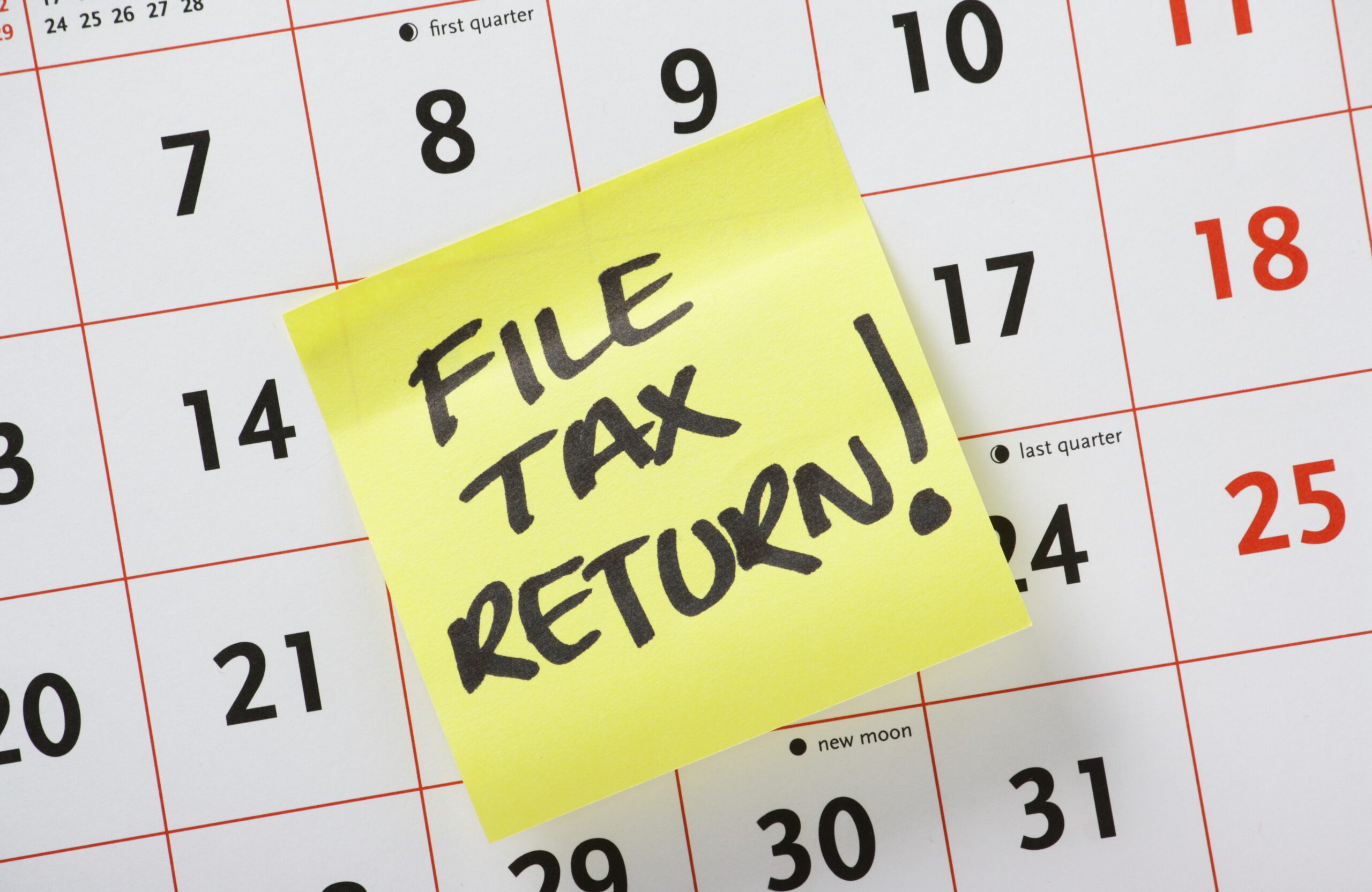With tax exemption status, funding from grants and government funds, and annual state and federal returns, the tax filing situation for not-for-profits in Indiana is complicated, to say the least.
In our work as non-profit auditors, we’ve filed our fair share of tax returns, and have had to both navigate and explain the complex tax environment our new clients are caught up in. Since every not-for-profit organization is different, it can be confusing to know which forms need to be filed and when they’re due, but we’re here to help.
Required Not-for-Profit Tax Forms
Federal Form 990
Due: annually, 4.5 months after year-end date
This staple of non-profit taxes isn’t easily overlooked, but it bears repeating that every organization needs to file it every year. The type of form used (990-N, 990EZ, 990) depends on the size of your organization.
Additional forms may be required
Indiana State Tax Return (NP-20)
Due: annually, 4.5 months after year-end date
Indiana’s state tax code requires non-profit organizations to submit an income tax return every year. More information about the NP-20 and Indiana tax-exempt status can be found on the Department of Revenue’s website.
Additional forms may be required
Secretary of State Filing
Due: Every other year, one month after year-end date
The Secretary of State of Indiana needs information about the business of your non-profit organization to keep its registration active and in good standing. You can start a business and manage its status with the Secretary of State online through the Indiana business filing portal, INBiz.
Personal Property Tax Returns (PPT)
Due: annually, May 15 (may include additional deadlines)
PPTs are filed with the county assessor’s office for the county in which your organization is located. Because of this, there’s no one-size-fits-all answer for which forms organizations will need to file beyond the required form 103.
In addition, depending on their specific structure, assets, and income, non-profit organizations may need to file different versions of form 103 and the commonly required form 104. There may also be necessary forms that are filed with different deadlines. For example, organizations that need to file form 136 will submit it the first year after the organization starts and then may need to re-submit it every even-numbered year after that (2020, 2022, etc.).
Finally, there are a few uncommon scenarios in which not-for-profits may need to file additional schedules for personal property returns. For example, if your office leases any equipment, you will also need to include form 103-N.
For more information about PPTs, feel free to contact us or locate a tax services CPA firm in your county.
Entity Annual Report (E-1)
Due: annually
Not-for-profit organizations that receive government funding need to file Indiana’s Form E-1 each year. It is submitted to the Indiana State Board of Accounts, which determines whether or not an audit is required for that fiscal year.
The Key to Tax Filing Success
The number and timing of not-for-profit tax documents can be hard to stay on top of. That’s why your organization needs a trusted advisor who offers consistent guidance to keep you on-time and compliant.
Whether you need an audit, tax returns, or other services, Donovan CPAs is here for you. Find out what makes our friendly auditors different by contacting us today.







